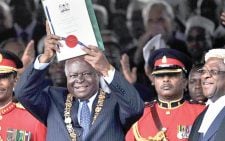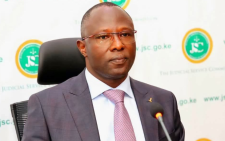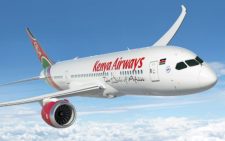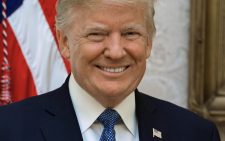Party primaries a major test for our democracy
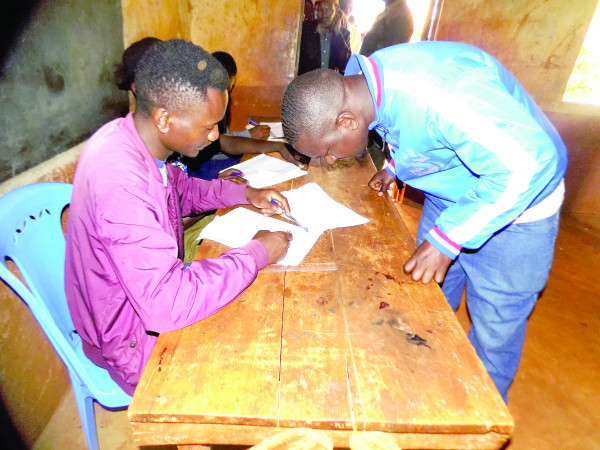
Political parties will this week conclude the nominations for candidates who will vie on their tickets for the various seats in the forthcoming General Election.
The party primaries are being conducted in a transformed political environment defined by two main political parties’ formations – Azimio la Umoja-One Kenya coalition led by Raila Odinga and Kenya Kwanza led by William Ruto.
It is now clear that these two presidential candidates are the frontrunners and they have kept watch on the ongoing nomination campaigns. Both want to ensure that they have their close allies, right from governors to senators, MPs and ward representatives solidly behind them in their parties.
Party leaders are aware that numerical strength in both Houses of Parliament and the County Assembly will be crucial in passing legislation, that will shape the political and economic direction of the country, so they are playing the game of numbers with keen interest.
Heated campaigns have been witnessed on the ground as candidates jostle for the available party tickets, well aware that they are almost assured of a win in their strongholds. The parties have adopted different methods of picking the nominees, albeit with some controversies.
While there have been instances where consensus and opinion polls have been used to determine who is given a direct ticket, it has also elicited protests from candidates who want the contests determined through voting.
How the political parties conduct their primaries to pick their candidates will be a major pointer, to how the presidential candidates will balance between retaining their close allies without compromising their grassroots support occasioned by disgruntled candidates and their supporters.
After the parties conclude the nomination exercise, it is almost certain that there will be some fallouts as is already being witnessed, with some candidates opting to run as independents. Once the dust settles, however, the focus will turn to the main elections.
The August elections are being shaped by both political and economic reasons. Kenyans are going through a difficult economic period preceded by the Covid-19 pandemic that affected lives and livelihoods for two years and whose ramifications continue to date.
A ravaging drought has impacted negatively in more than half of the counties, leaving 3.5 million facing extreme hunger, crops have failed due to lack of rain and thousands of livestock have been decimated. Add the ongoing fuel shortage and the picture looks bleak.
On the political front, observers are monitoring the party nominations with a critical eye as they seek to know how far Kenya has matured in terms of multi-party democracy.
Have the political leaders in Kenya developed a multi-party system in which multiple political parties across the political system can run for a national election based on democracy within their parties or they are only using their party members to advance their political interests?
Multi-party democracy in Kenya has always been accompanied by ethnic conflicts. That is why it is important to determine the factors that influence people’s political affiliation and their voting behaviour in this current multiparty era in Kenya.
Assessing the rise of ethnic-nationalism and multiparty democracy in Kenya, it is vital to see if the presidential candidates are adopting strategies for prevention and management of ethnic problems in Kenya and a mechanism for enhancing the practice of multiparty democracy.
It has been proved that ethnicity influences people’s political affiliation and voting behaviour. We must learn from our past mistakes.
